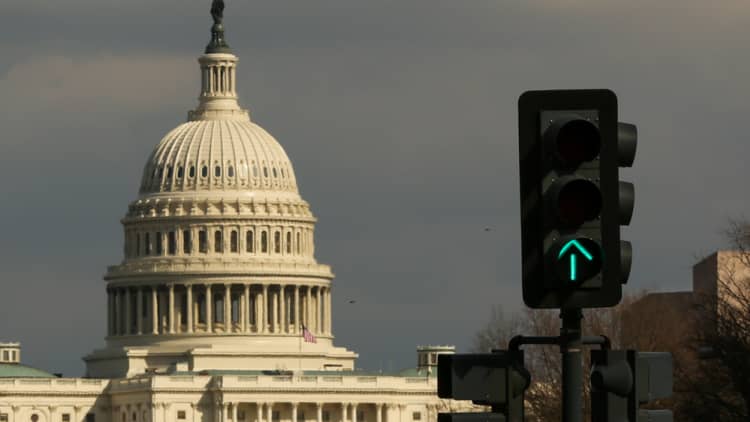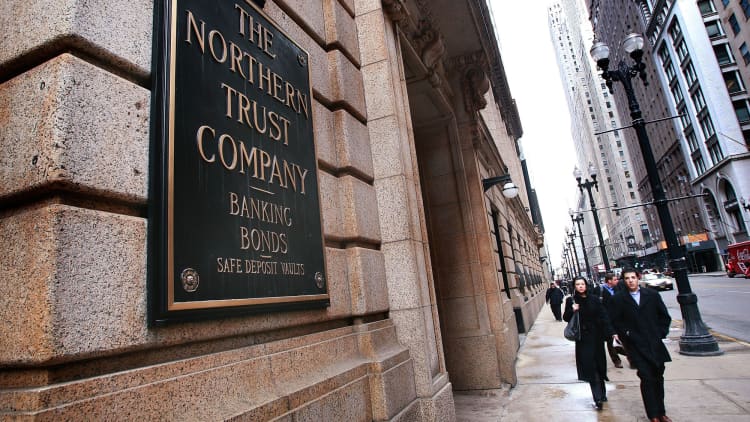
The House voted Tuesday to pass the biggest rollback of financial regulations since the global financial crisis. The margin was 258-159, with 33 Democrats supporting the legislation.
The bill will now go to President Donald Trump's desk. He said Wednesday morning that he would sign the bill soon. The Senate already passed the legislation with bipartisan support.
The bill makes good on Republican promises to cut red tape they say hurts businesses, but does not go nearly as far as some GOP lawmakers had hoped. It also appeases some Democrats who argue financial rules passed following the financial meltdown unnecessarily hamstrung small and mid-sized lenders.
The measure eases restrictions on all but the largest banks. It raises the threshold to $250 billion from $50 billion under which banks are deemed too important to the financial system to fail. Those institutions also would not have to undergo stress tests or submit so-called living wills, both safety valves designed to plan for financial disaster.
It eases mortgage loan data reporting requirements for the overwhelming majority of banks. It would add some safeguards for student loan borrowers and also require credit reporting companies to provide free credit monitoring services.
Republicans have argued the post-crisis regulations held down lending and economic growth. On Tuesday ahead of the vote, House Speaker Paul Ryan promoted the bill as a boon for community banks — though it boosts medium-sized and regional institutions, as well.
"This is a bill for the small banks that are the financial anchors of our communities. ... It addresses some of Dodd Frank's biggest burdens to ease the regulatory costs on these small banks — costs which are ultimately transferred on to consumers," the Wisconsin Republican said.
House Republicans only coalesced behind the Senate version of the bill when leaders agreed to take up separate legislation sought by House Financial Services Committee Chairman Jeb Hensarling, R-Texas. Hensarling, a longtime opponent of the Dodd-Frank reforms, seeks a more drastic rollback.
In the Senate, lawmakers on the left flank such as Sen. Bernie Sanders, I-Vt., and Sen. Elizabeth Warren, D-Mass., opposed the measure and argued it could open taxpayers to more liability if banks fail. House Minority Leader Nancy Pelosi also criticized it, arguing Tuesday that it "would open the doors to banks once again discriminating in how they lend to home buyers."
When the Senate earlier passed the legislation by a 67-to-31 vote, 17 Democrats joined with Republicans to approve it. Some Democrats in smaller or more rural states reliant on smaller banks cheered the legislation and said it removed a burden on those lenders.
WATCH: 5 buys after Dodd-Frank overhaul



